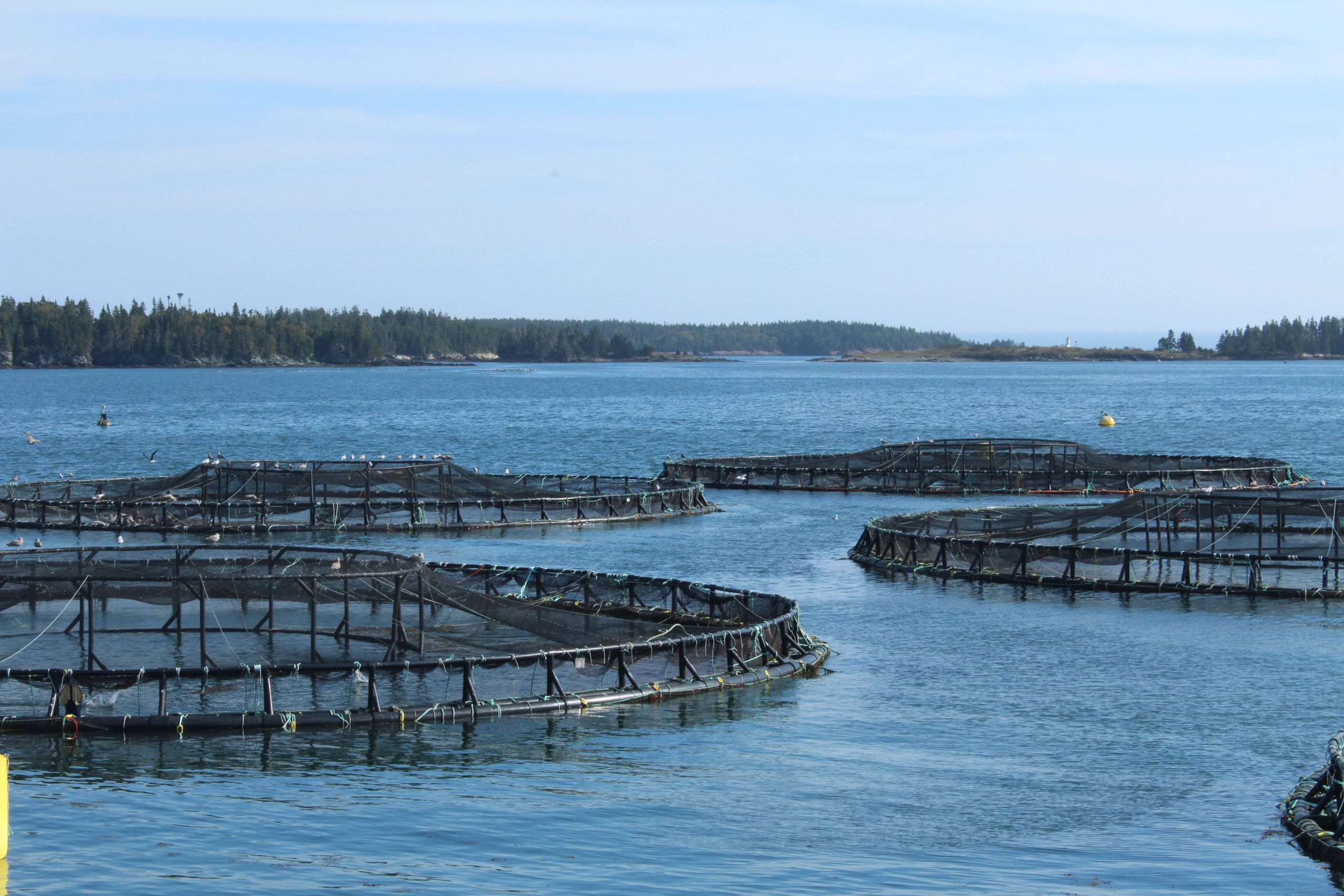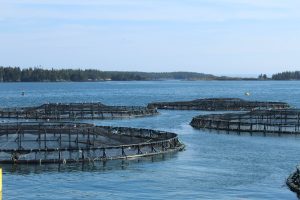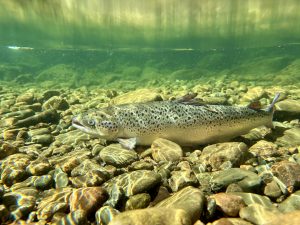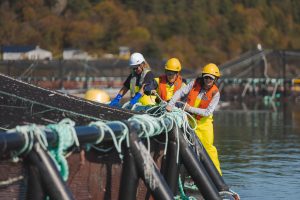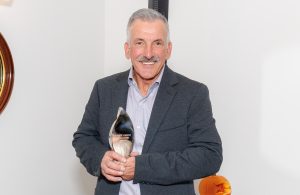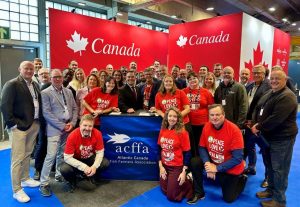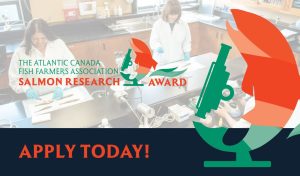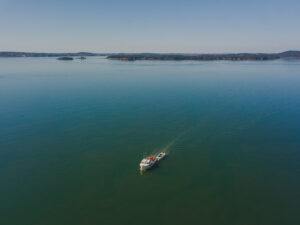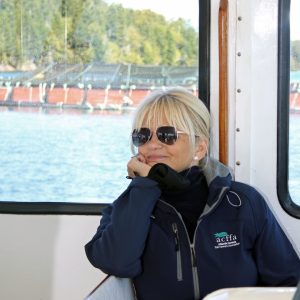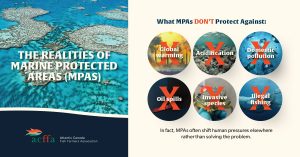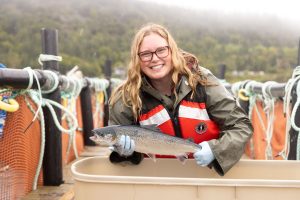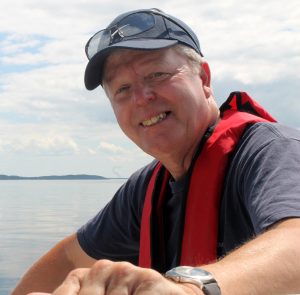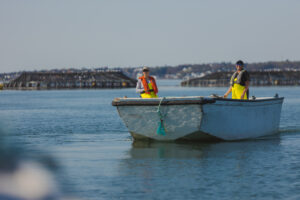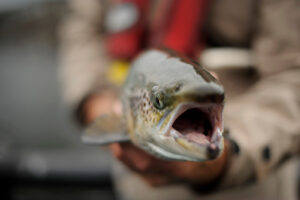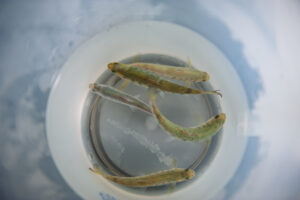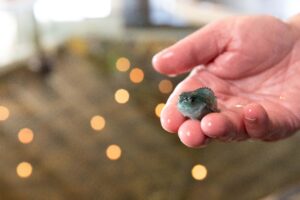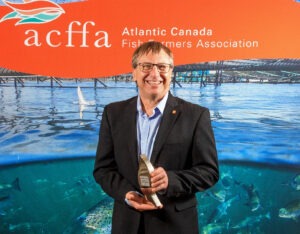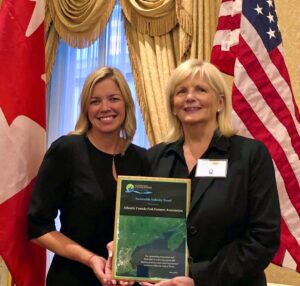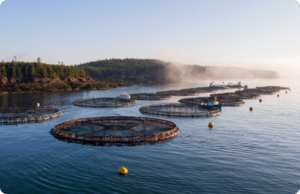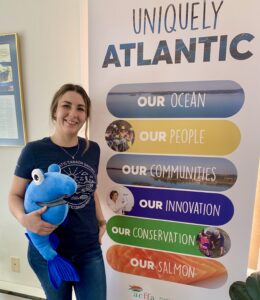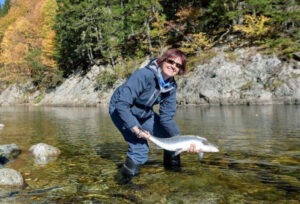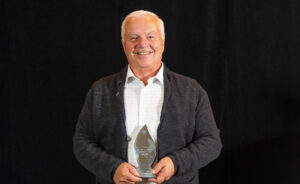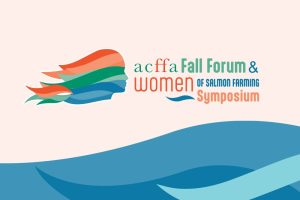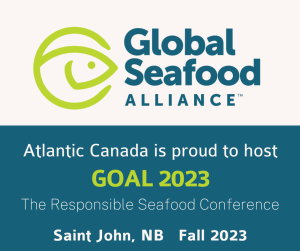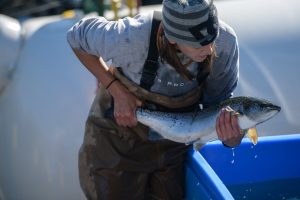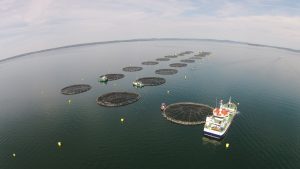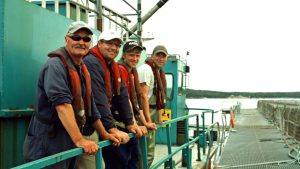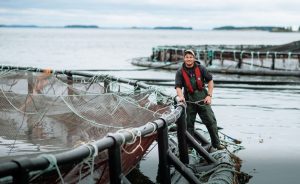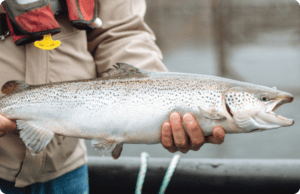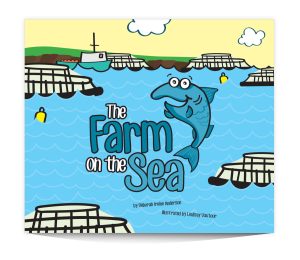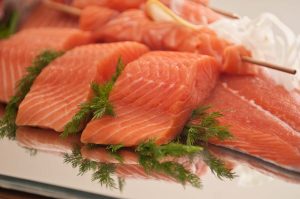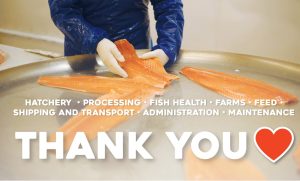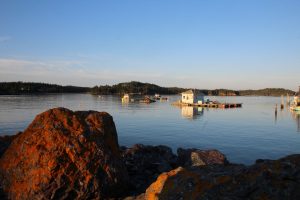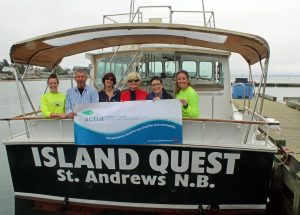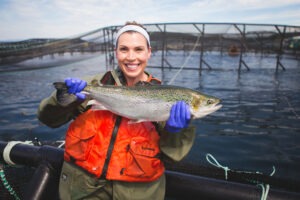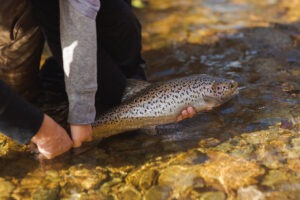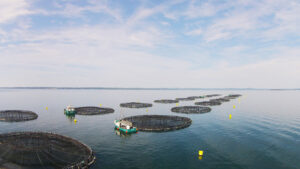The ACFFA has not had the opportunity to view the film, but based on reviews from our colleagues in other countries who have seen it, we know that it does not accurately portray modern salmon farming nor does it include the perspective of anyone involved in commercial aquaculture. The film is one-sided and clouded by anti-salmon farming prejudice as well as Patagonia’s corporate marketing goals.
Modern salmon farming is an industry to celebrate and nurture for our region’s challenging future. More than 50 per cent of the seafood consumed today comes from aquaculture, and the demand will continue to grow as the population increases. As arable land and freshwater resources shrink, terrestrial farming alone cannot feed that population. Aquaculture is a crucial, science-based and sustainable way to help supply the world’s food needs and take the pressure off wild stocks. Atlantic Canada is already a global leader in this incredible sector which produces over 300 million salmon meals, 3,500 direct jobs and contributes $400 million directly to the economy.
By almost all measures, farmed Atlantic salmon is the most sustainable large-scale animal protein:
• Best in turning feed into edible product
• Best in fresh water use
• Best in carbon emissions
• Best in space use efficiency
• Unlike almost all other animal production sectors, there is public (DFO) reporting and transparency on animal health treatments and farm practices
• High space/water to fish ratio: approximately 98% water to 2% fish
• Required fallowing (resting) of sites after production for biological renewal
Salmon farmers are always evolving their farming practices, and our companies invest millions of dollars annually into research and development to do just that. Meaningful and productive conversations about salmon farming must be based on facts – not on biased films brought into our province by those with a well-known anti-salmon farming agenda.
It is also important to point out that ACFFA members support a variety of programs aimed at conserving our wild marine and freshwater resources. Salmon farming started as a result of the lessons learned in wild salmon rehabilitation, enhancement and salmon ranching activities. Our members work with conservation organizations to apply new technology to rehabilitation efforts throughout the Atlantic region, including the award-winning Fundy Salmon Recovery project that is seeing remarkable success in helping inner Bay of Fundy salmon.
To those who decide to view the film, we invite you to also visit a salmon farm and to talk to farmers and others who work in the salmon farming industry. We also encourage you to take the time to consider other perspectives by reading our factsheets on salmon farming in Atlantic Canada, this post from the Global Aquaculture Alliance and this review in SeaWest News.
